I am working on a "heartbeat" application that pings hundreds of IP addresses every minute via a loop. The IP addresses are stored in a list of a class Machines. I have a loop that creates a Task<MachinePingResults> (where MachinePingResults is basically a Tuple of an IP and online status) for each IP and calls a ping function using System.Net.NetworkInformation.
The issue I'm having is that after hours (or days) of running, one of the loops of the main program fails to finish the Tasks which is leading to a memory leak. I cannot determine why my Tasks are not finishing (if I look in the Task list during runtime after a few days of running, there are hundreds of tasks that appear as "awaiting"). Most of the time all the tasks finish and are disposed; it is just randomly that they don't finish. For example, the past 24 hours had one issue at about 12 hours in with 148 awaiting tasks that never finished. Due to the nature of not being able to see why the Ping is hanging (since it's internal to .NET), I haven't been able to replicate the issue to debug.
(It appears that the Ping call in .NET can hang and the built-in timeout fail if there is a DNS issue, which is why I built an additional timeout in)
I have a way to cancel the main loop if the pings don't return within 15 seconds using Task.Delay and a CancellationToken. Then in each Ping function I have a Delay in case the Ping call itself hangs that forces the function to complete. Also note I am only pinging IPv4; there is no IPv6 or URL.
Main Loop
pingcancel = new CancellationTokenSource();
List<Task<MachinePingResults>> results = new List<Task<MachinePingResults>>();
try
{
foreach (var m in localMachines.FindAll(m => !m.Online))
results.Add(Task.Run(() =>
PingMachine(m.ipAddress, 8000), pingcancel.Token
));
await Task.WhenAny(Task.WhenAll(results.ToArray()), Task.Delay(15000));
pingcancel.Cancel();
}
catch (Exception ex) { Console.WriteLine(ex); }
finally
{
results.Where(r => r.IsCompleted).ToList()
.ForEach(r =>
//modify the online machines);
results.Where(r => r.IsCompleted).ToList().ForEach(r => r.Dispose());
results.Clear();
}
The Ping Function
static async Task<MachinePingResults> PingMachine(string ipaddress, int timeout)
{
try
{
using (Ping ping = new Ping())
{
var reply = ping.SendPingAsync(ipaddress, timeout);
await Task.WhenAny(Task.Delay(timeout), reply);
if (reply.IsCompleted && reply.Result.Status == IPStatus.Success)
{
return new MachinePingResults(ipaddress, true);
}
}
}
catch (Exception ex)
{
Debug.WriteLine("Error: " + ex.Message);
}
return new MachinePingResults(ipaddress, false);
}
With every Task having a Delay to let it continue if the Ping hangs, I don't know what would be the issue that is causing some of the Task<MachinePingResults> to never finish.
How can I ensure a Task using .NET Ping ends?
Using .NET 5.0 and the issues occurs on machines running windows 10 and windows server 2012

